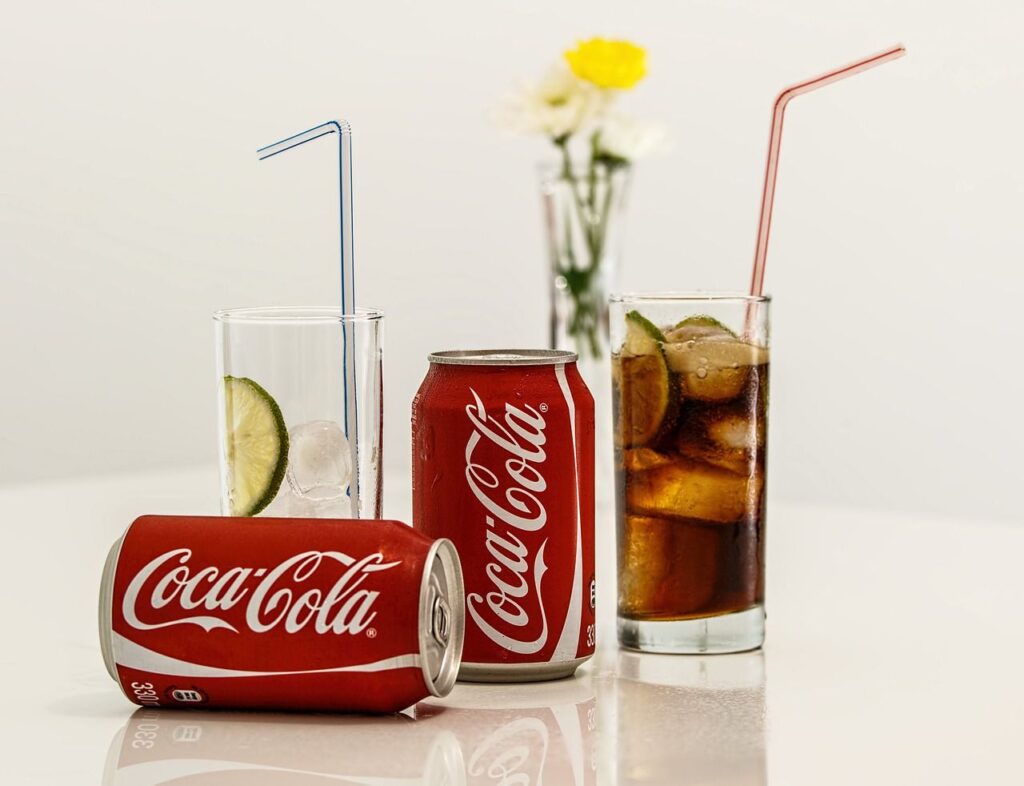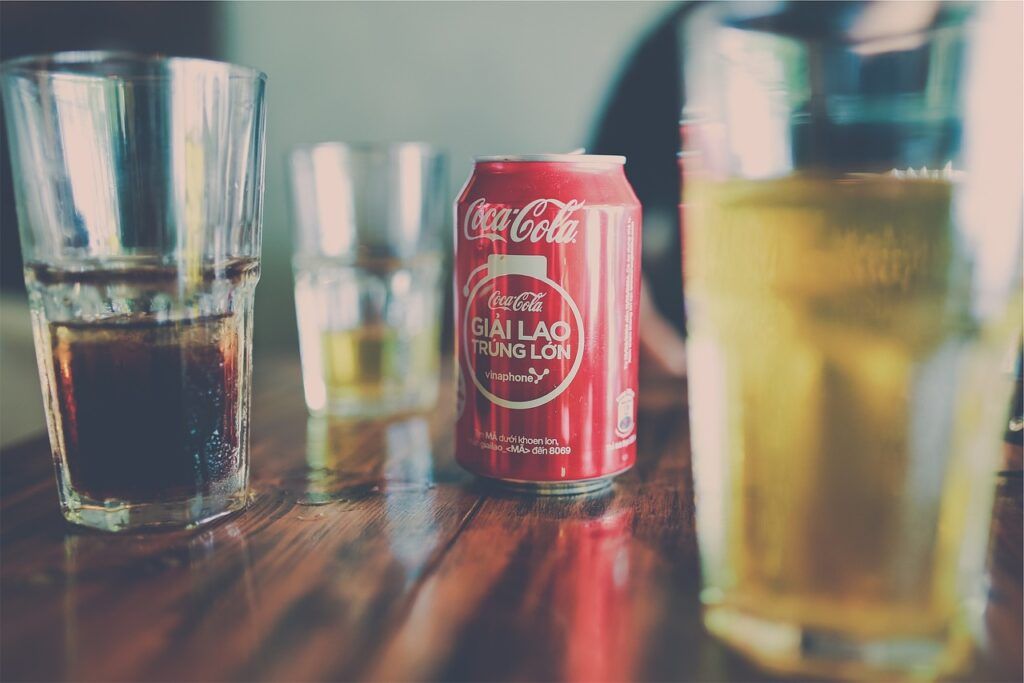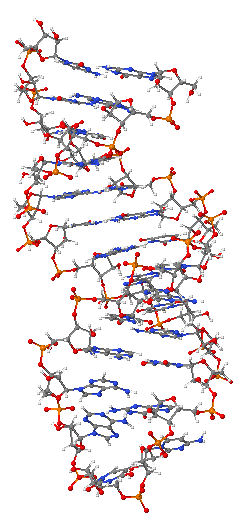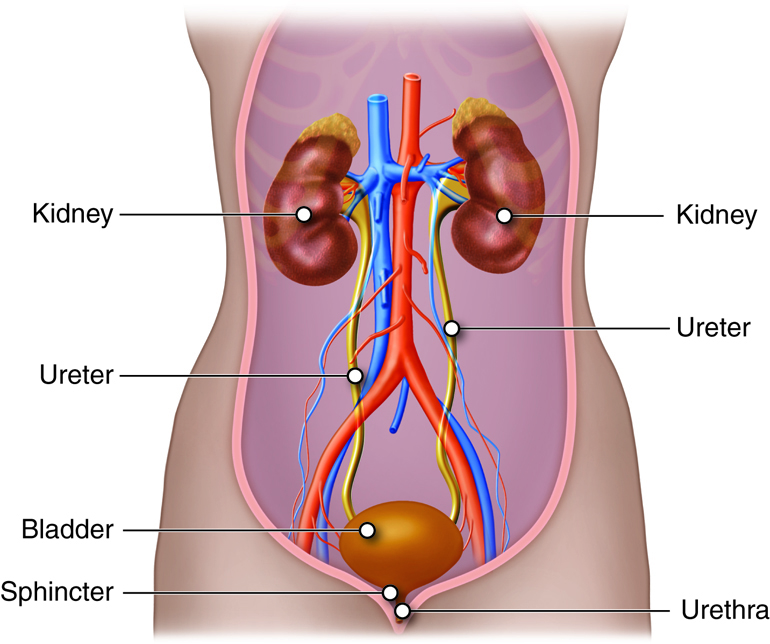
When we talk about our health, we often focus on what we eat or how much we exercise, but have you ever stopped to think about what you’re pouring into your glass? Our kidneys, those amazing bean-shaped organs, are constantly working behind the scenes, playing vital roles like filtering waste from our blood, balancing our fluids and blood pressure, and even helping us eliminate drugs from our system. They’re truly the unsung heroes of our internal world, and keeping them happy is absolutely crucial for our overall well-being.
While some folks might be genetically predisposed to kidney disease, it’s a big eye-opener to realize just how much our daily habits, like diet and even our drink choices, can impact this essential organ. Lifestyle factors such as how much we move, what we eat, whether we smoke, our blood pressure levels, and even diabetes can all significantly ramp up the risk for developing chronic kidney disease (CKD). It’s a sobering thought, but it also means we have a lot of power to make positive changes.
So, what’s on the menu today? We’re diving deep into the world of beverages that might be doing more harm than good to your kidneys. We’ve heard it from the nephrology specialists – those doctors who know everything about kidney health – and it turns out, some of our favorite sips might be silently sabotaging our renal well-being. Get ready to rethink your drink, because we’re about to break down some of the worst offenders, starting with the usual suspects that might already be on your radar.

1. **Sugar-Sweetened Carbonated Drinks (Regular Soda)**It probably doesn’t come as a huge shocker to hear that regular soda, those sugary, fizzy delights, top the list of worst drinks for your kidney health. We all kind of know soda isn’t a nutritional powerhouse, but its particular impact on your kidneys is something worth understanding deeply. These sugar-sweetened carbonated drinks aren’t just empty calories; they’re a direct challenge to your kidneys’ intricate filtration system.
The primary culprit here is the sheer volume of sugar packed into every can or bottle. A 2015 study highlighted a significant concern, revealing that consuming more than four sugar-sweetened carbonated drinks per week was linked to an increased prevalence of chronic kidney disease. That’s a pretty strong association, and it points to a pattern of consumption that could have long-term consequences for those vital organs.
Think about it: high sugar content in your blood creates a detrimental environment that can directly damage the delicate blood vessels within your kidneys. These vessels are essential for filtering waste effectively, and when they’re compromised, your kidneys simply can’t do their job as well. This direct damage is why high blood sugar and diabetes are considered major risk factors for developing CKD, and these sugary drinks contribute significantly to that challenge.
What makes regular soda particularly problematic is the concentrated sugar content. It’s not just a little bit of sugar; it’s often an overwhelming amount that can make blood sugar management incredibly challenging. For individuals already dealing with diabetes or existing kidney disease, limiting these drinks is not just a recommendation—it’s a critical step in managing their health. Even for those with a family history of kidney disease, closely monitoring sugar intake and blood sugar levels becomes a proactive defense against future complications.
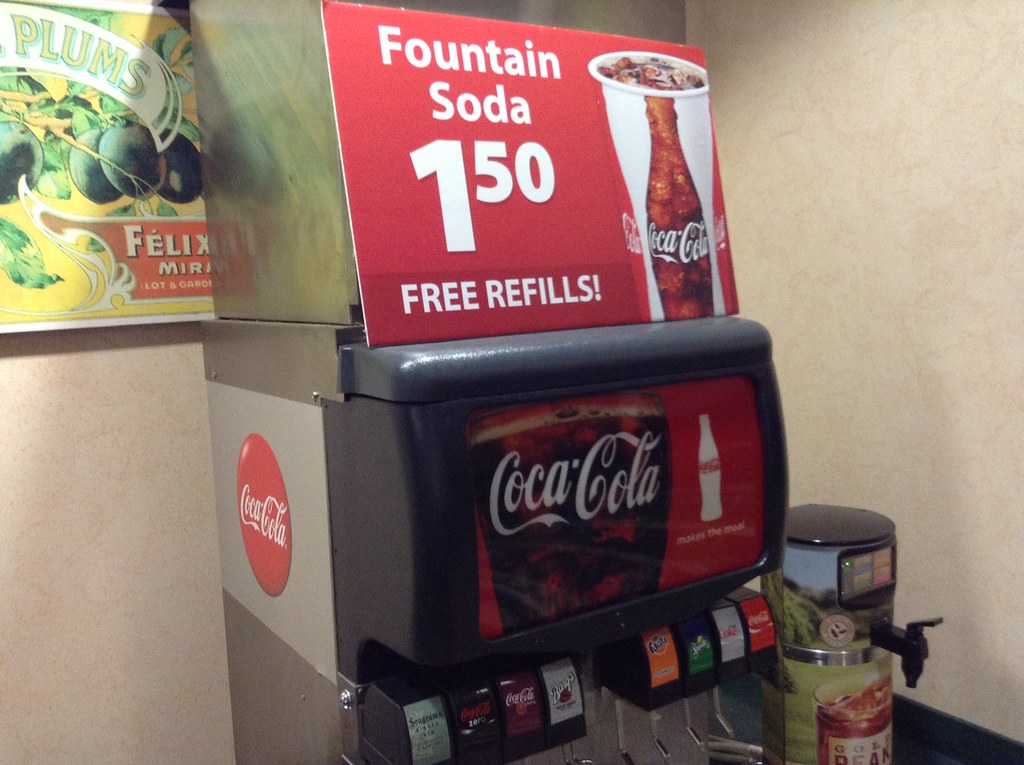
2. **The Danger of High Concentrated Sugar in Beverages**Moving beyond just soda, the fundamental issue of high concentrated sugar in *any* beverage poses a significant threat to kidney health. It’s not exclusive to carbonated drinks; any liquid loaded with excessive sugars can create a cascade of problems. The context explicitly highlights how the high sugar content in regular soda is a major issue, but the underlying principle applies more broadly.
When we consume highly concentrated sugar, our bodies experience rapid spikes in blood glucose levels. These sudden surges put immediate stress on the kidneys, which work overtime to filter out the excess sugar. Over time, this constant strain can lead to wear and tear on the nephrons, the tiny filtering units within the kidneys. It’s like constantly pushing a machine past its operating limits; eventually, it starts to break down.
Furthermore, the damage isn’t just about overwork. The presence of consistently high sugar in the blood directly harms the delicate blood vessels throughout the body, including those within the kidneys. This vascular damage is a key factor in the progression of kidney disease. It impedes the kidneys’ ability to receive adequate blood flow and efficiently remove waste products, creating a vicious cycle of deterioration.
For anyone looking to protect their kidneys, or for those managing conditions like diabetes, understanding the pervasive danger of concentrated sugar in drinks is paramount. It means being vigilant not just about sodas, but also about seemingly ‘healthier’ options like sweetened teas, fruit juices with added sugar, or sports drinks. Reading labels and opting for water or unsweetened alternatives is a simple yet powerful way to mitigate this significant risk factor.
Read more about: Pantry Alert! 10 ‘Healthy’ Snack Traps and the Delicious, Low-Sugar Swaps You Need to Know Now
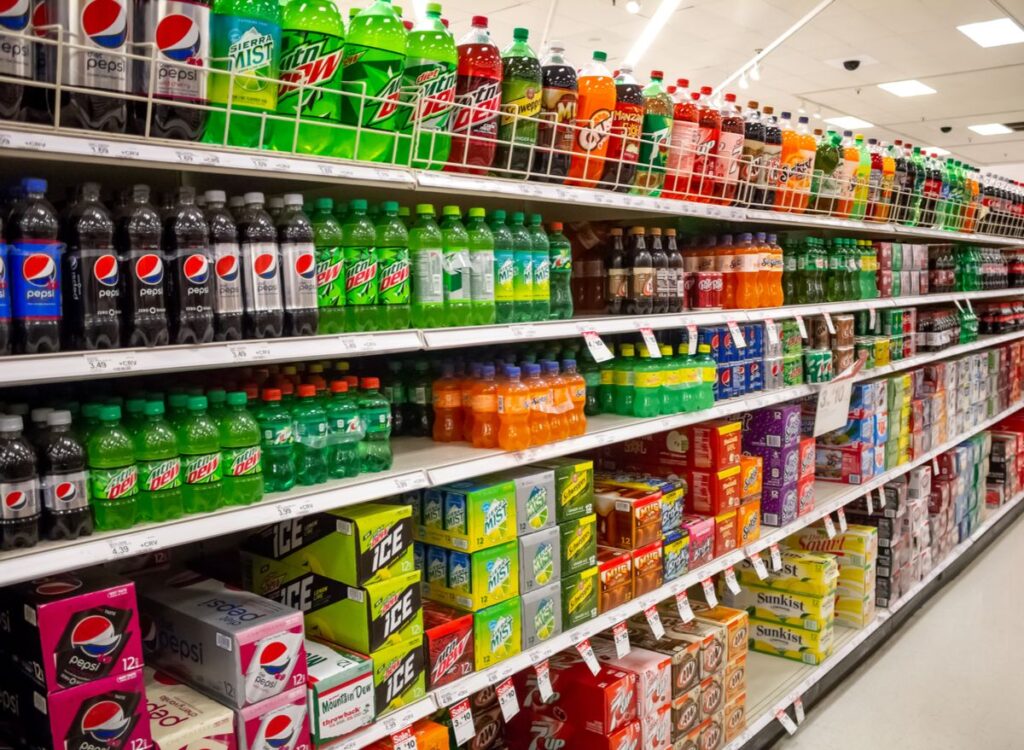
3. **Cola Sodas and Their Phosphoric Acid Content**Beyond just sugar, cola sodas introduce another problematic ingredient into the mix: phosphoric acid. This particular additive, found in both regular and diet cola drinks, has been the subject of research connecting it directly to adverse kidney outcomes. It adds a tangy, sharp flavor that many people enjoy, but it comes with a hidden cost for your renal system.
Research has specifically indicated that cola drinks containing phosphoric acid have been associated with urinary changes. These changes are not just minor inconveniences; they actively promote the formation of kidney stones. Kidney stones themselves are incredibly painful and can lead to a host of complications, but critically, their presence also significantly increases the risk of developing chronic kidney disease.
The mechanism isn’t fully detailed in the context, but the association is clear: phosphoric acid in colas contributes to conditions that lead to kidney stones, and kidney stones are a stepping stone towards CKD. This makes colas a double threat, as they often combine high sugar content with this acid, amplifying their negative impact on kidney health.
For anyone with a history of kidney stones or existing kidney disease, current recommendations are quite clear: cola beverages should be avoided. But it’s not just for those already at risk. The context points out that even in individuals without existing kidney stone or disease, drinking two or more colas per day was associated with an increased risk of chronic kidney disease. This underscores that regular consumption of colas, even in seemingly healthy individuals, can incrementally erode kidney function over time.
Read more about: Unpacking the ‘Bliss Point’: The Calculated Ingredients That Make Fast Food So Irresistible and Addictive
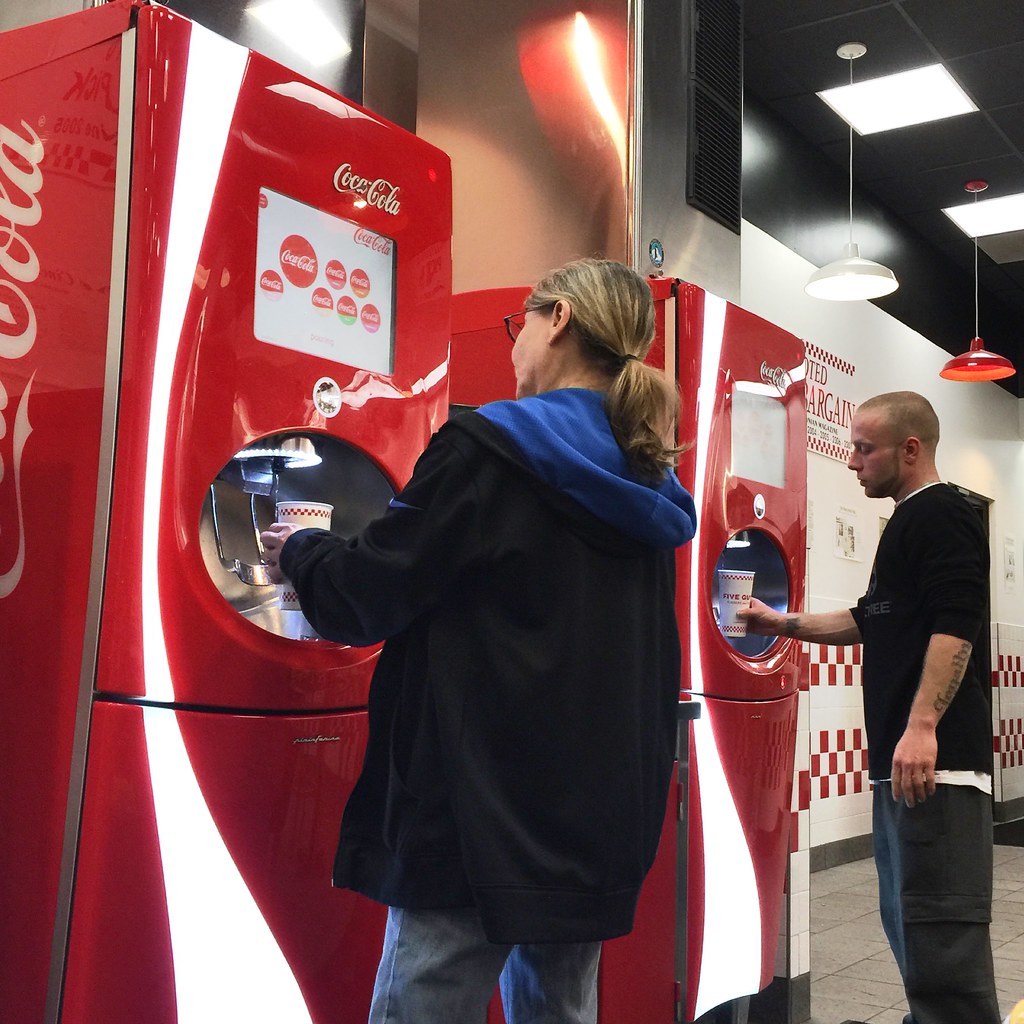
4. **Drinks That Promote Kidney Stone Formation**When we talk about kidney health, the specter of kidney stones often looms large. These incredibly painful crystalline formations can cause blockages and damage, and the unfortunate truth is that certain beverages can actively promote their development. The context explicitly links phosphoric acid, particularly in cola drinks, to urinary changes that encourage kidney stone formation, which in turn increases the risk of chronic kidney disease.
Understanding this link means recognizing that what you drink can directly influence the chemical balance in your urine. Certain ingredients can alter the pH, mineral concentration, or volume of urine, creating an environment where crystals are more likely to form and clump together. While cola is singled out due to phosphoric acid, this principle extends to any drink that contributes to an unfavorable urinary environment.
The formation of kidney stones is not just about a momentary discomfort. Recurrent kidney stones can lead to permanent damage to the kidney tissue, scarring, and impaired function. Each episode of stone formation represents a stressor on the organ, and over time, this cumulative damage can significantly contribute to the development and progression of chronic kidney disease.
Therefore, avoiding drinks known to promote kidney stones is a crucial preventative measure for kidney health. This especially applies to those who have experienced kidney stones in the past or have a family history of the condition. While hydration is key, the *type* of hydration matters immensely, and opting for water over drinks laden with problematic acids or excessive minerals is a smart choice for long-term kidney protection.
Read more about: Unearthing Ancient Powerhouses: The Top 10 Superfoods Revolutionizing Your Plate in 2024
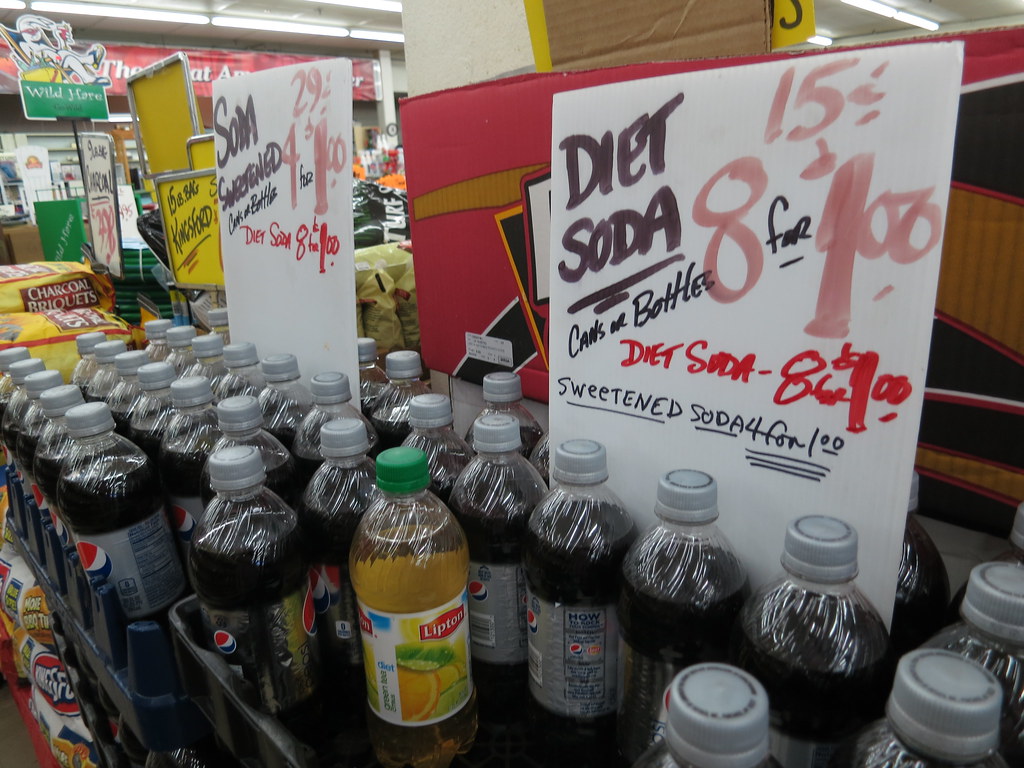
5. **Diet Sodas and Artificial Sweeteners**Many of us reach for diet sodas, thinking we’re making a healthier choice by cutting down on sugar and calories. It feels like a smart move, doesn’t it? Yet, the context gives us a stark warning, stating that “While phosphoric acid can be found in regular and diet cola drinks, the artificial sweeteners found in diet sodas seem to i” – implying that these sweeteners also pose a threat, even if the sentence unfortunately cuts off mid-thought. This incomplete statement still carries a powerful implication that diet sodas are not off the hook when it comes to kidney health.
The very reason diet sodas exist is to provide sweetness without the caloric load of sugar. They achieve this using artificial sweeteners, a class of compounds that are designed to trick our taste buds. However, their impact on the body, particularly the kidneys, is an area of ongoing concern and research, as directly hinted at in our context. The mere mention of artificial sweeteners in diet sodas as a problematic factor suggests that these seemingly innocuous ingredients might be silently contributing to kidney issues.
While the exact mechanism of harm from artificial sweeteners isn’t fully elaborated in the provided text due to the cutoff sentence, the warning is clear. It suggests that swapping out sugar for artificial alternatives may not be the kidney-friendly solution we often assume it to be. For individuals diligently trying to protect their kidneys, this raises a red flag against the widespread consumption of diet beverages.
The takeaway here is to approach diet sodas with caution. They might not contain the concentrated sugar that damages blood vessels and exacerbates diabetes, but their artificial sweeteners are flagged as potentially harmful. This reinforces the idea that true kidney-friendly hydration largely revolves around simpler, natural options, with water remaining the gold standard.
Read more about: Beyond the Game: The Crucial Beverages Tom Brady Cut to Achieve Unprecedented Longevity
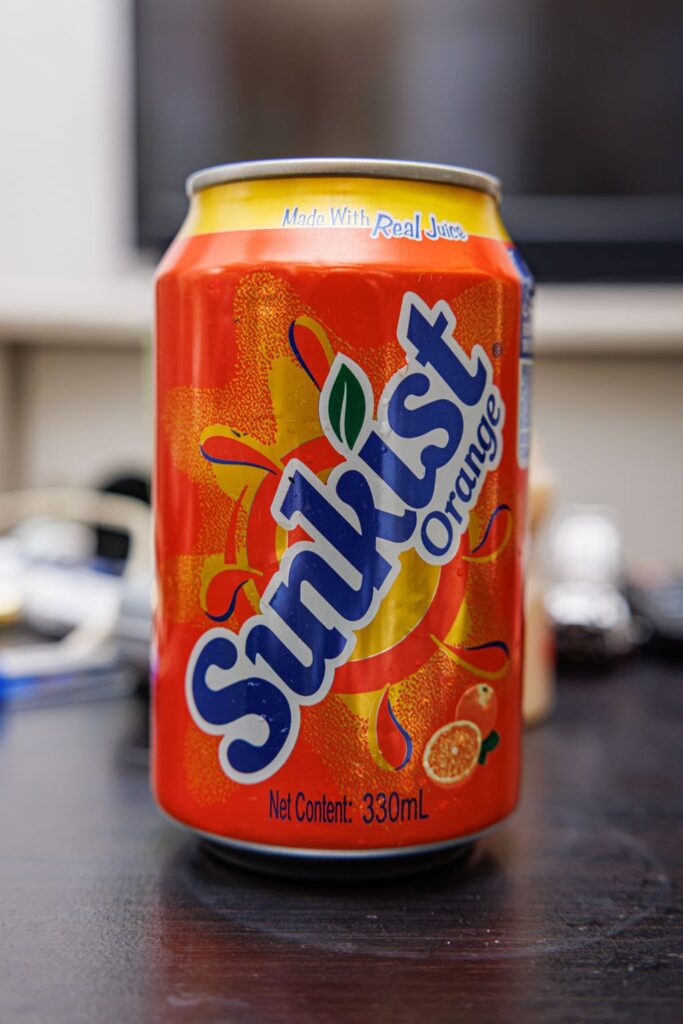
6. **The Impact of Carbonated Drinks on Kidney Health**Bringing it all together, the overarching category of carbonated drinks, with soda leading the charge, presents a multifaceted challenge to kidney health. It’s not just one ingredient or one type; it’s the combination of factors often found in these bubbly beverages that makes them particularly problematic. From the high sugar content in regular sodas to the phosphoric acid in colas and the hinted-at issues with artificial sweeteners in diet versions, carbonation serves as a common denominator for many kidney-unfriendly sips.
The very nature of carbonation means these drinks often contain a cocktail of ingredients that can stress the renal system. The concentrated sugars contribute to blood sugar spikes and vascular damage, while specific acids, like phosphoric acid, can disrupt urinary chemistry and lead to painful kidney stones, which are a known risk factor for CKD. It’s a cumulative effect where multiple harmful elements converge in a single glass.
Consider the broad sweep of the problems we’ve discussed: increased prevalence of chronic kidney disease, damage to blood vessels, challenges in blood sugar management, and the promotion of kidney stone formation. These are significant health concerns, and carbonated drinks, particularly sodas, are implicated across the board, according to the insights from nephrology specialists.
Therefore, making a conscious effort to reduce or eliminate carbonated beverages from your diet is a powerful step towards safeguarding your kidney health. It’s a simple change that can have profound long-term benefits, moving you away from a complex mix of ingredients that consistently challenge your kidneys and towards a lifestyle that truly supports their vital function. Choosing water, or other unsweetened, non-carbonated options, becomes an act of self-care for these invaluable organs.
Okay, so we’ve already uncovered some pretty shocking truths about what some of our go-to drinks are doing to our amazing kidneys. But hold onto your water bottles, because we’re not done yet! The rabbit hole of harmful beverages goes even deeper, especially when we start looking at how these sips impact folks with existing health conditions or those with a family history of kidney troubles. It’s time to connect the dots between our daily drink choices and some serious health implications that you definitely need to know about. Let’s dive into the next set of insights from the nephrology specialists!
Read more about: Transform Your Plate, Transform Your Life: 15 Essential Dietary Shifts for a Healthier You This Month
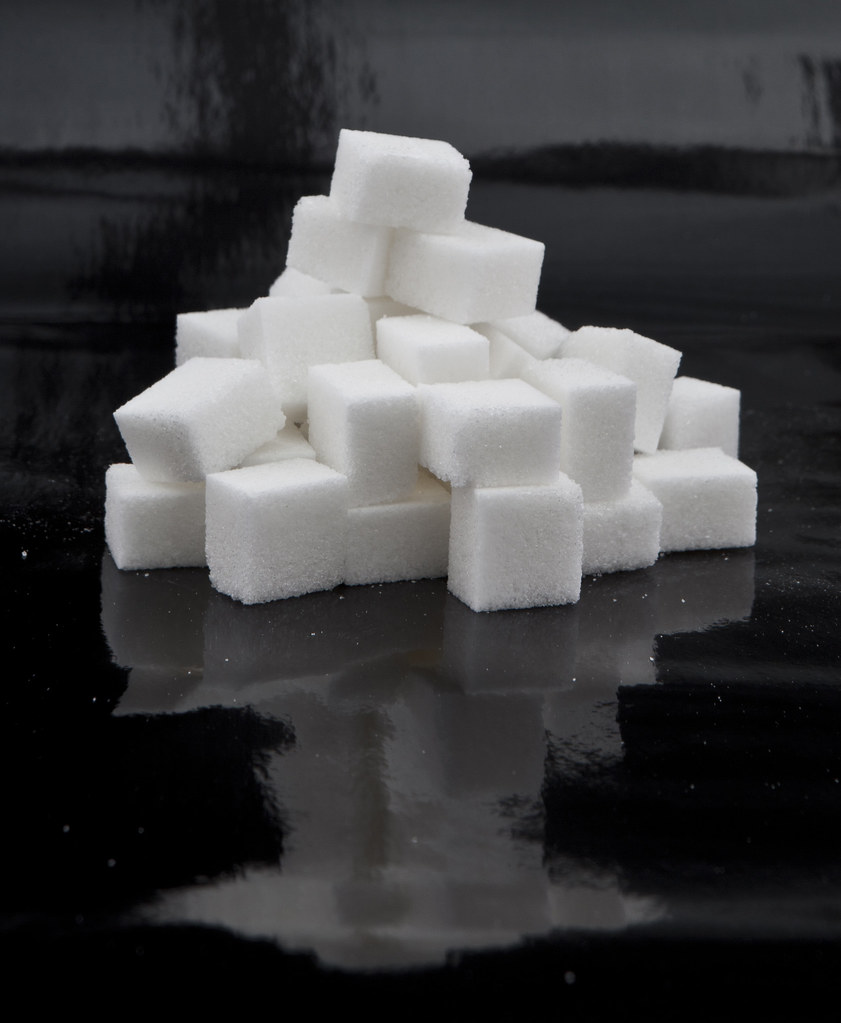
7. **The Double Whammy: High Sugar and Diabetes Risk Exacerbation**We’ve touched on sugar, but it’s such a massive player in kidney health that it deserves a closer look, especially for those navigating the tricky waters of blood sugar management. When your body is constantly dealing with concentrated sugar from drinks, it’s not just an inconvenience; it’s a direct assault on the systems designed to keep you healthy. High sugar content in the blood isn’t just a concern for your waistline; it’s a critical factor that can damage the delicate blood vessels in your kidneys, making them work harder and less efficiently.
Think about it: your kidneys are filled with tiny, intricate blood vessels that are crucial for filtering out waste and keeping everything balanced. When these vessels are repeatedly exposed to high levels of sugar, they can become compromised and stiff. This vascular damage is a key reason why conditions like high blood sugar and diabetes are considered major risk factors for developing chronic kidney disease (CKD). It’s a clear chain reaction where poor drink choices can fuel a pre-existing vulnerability.
For individuals already dealing with the complexities of diabetes, the impact of concentrated sugar in beverages is even more profound. These drinks can make blood sugar management incredibly challenging, sending glucose levels soaring and putting extra stress on a system already under strain. It’s like trying to put out a small fire while constantly adding more fuel to it – an uphill battle that often leads to kidney complications down the line. Avoiding such drinks isn’t just a good idea; it’s a vital strategy for protecting those precious organs.
8. **Why Existing Kidney Disease Patients Must Opt Out**If you or someone you know is already living with kidney disease, this section is a crucial read. For individuals whose kidneys are already compromised, the stakes are significantly higher. The context is very clear on this, stating that “Current recommendations state those with kidney stones or kidney disease should avoid cola beverages.” This isn’t just a casual suggestion; it’s a firm recommendation from medical professionals who understand the intricate workings of renal health.
Why such a strong stance? Well, kidneys with existing damage simply can’t handle the additional stress that comes from processing harmful ingredients. Whether it’s the concentrated sugar content that makes blood sugar management more challenging or the phosphoric acid that promotes kidney stone formation, these drinks add an unnecessary burden. Your kidneys are already working overtime, and these beverages just pile on more tasks they’re not equipped to handle, accelerating deterioration.
It’s about minimizing risk and preserving what kidney function remains. Limiting or outright avoiding these problematic drinks is not just about feeling better in the short term, but about extending the health and viability of your kidneys for as long as possible. Making informed drink choices becomes a cornerstone of managing kidney disease, a proactive measure that directly supports treatment plans and overall well-being.
9. **Connecting the Sips: Drink Choices and CKD Prevalence**It’s easy to think that a single soda here and there won’t make a difference, but when we look at the bigger picture, our collective drink choices are painting a worrying portrait of kidney health prevalence. The numbers don’t lie, and they highlight a significant connection between what we sip and the widespread occurrence of chronic kidney disease. This isn’t just about individual risk; it’s about public health trends that are directly influenced by popular beverages.
A striking piece of evidence from a 2015 study revealed that consistently “drinking more than 4 sugar-sweetened carbonated drinks per week was associated with an increased prevalence of chronic kidney disease.” This isn’t just a random correlation; it points to a pattern of consumption that, over time, can contribute to a silent epidemic of kidney issues. It demonstrates how seemingly small, regular choices can accumulate into a significant health burden.
And it’s not just about the sugar bombs. Even cola drinks, which often contain phosphoric acid, have been implicated. The context clearly states that “Even in those without existing kidney stone or disease, drinking two or more colas per day was associated with an increased risk of chronic kidney disease.” This shows that the impact extends beyond those already at high risk, touching a broader segment of the population and contributing to the overall prevalence of CKD. It’s a reminder that moderation and informed choices are crucial for everyone.
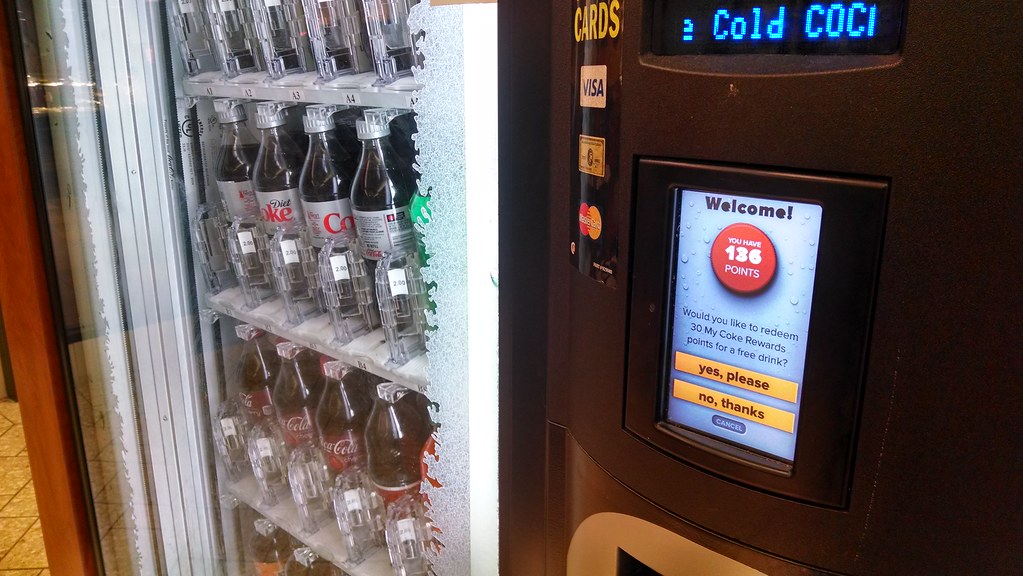
10. **The Hidden Threat: How Drinks Damage Kidney Blood Vessels**Let’s zoom in on a fundamental mechanism of harm: the way certain drinks can quietly, insidiously damage the delicate blood vessels within your kidneys. This isn’t a widely talked about effect, but it’s a crucial piece of the puzzle explaining why sugary beverages, in particular, are such a menace to your renal health. Understanding this internal process can truly shift your perspective on what you choose to drink.
The primary culprit in this vascular sabotage is, once again, that sneaky high sugar content. When there’s consistently too much sugar circulating in your blood, it doesn’t just pass through harmlessly. Instead, it directly harms the tiny, delicate blood vessels that crisscross through your kidneys. These vessels are essential; they’re the conduits through which your blood is filtered, and when they’re compromised, the entire filtration system struggles.
This “direct damage” is why high blood sugar and diabetes are not just risk factors, but *major* risk factors for developing CKD. The blood vessels, once damaged, can’t efficiently deliver blood to the nephrons—those microscopic filtering units—nor can they properly remove waste products. It creates a vicious cycle where damaged vessels lead to poorer kidney function, which then can exacerbate blood sugar control, leading to further vascular damage. It’s a stark reminder that what we drink can literally impact the structural integrity of our vital organs.
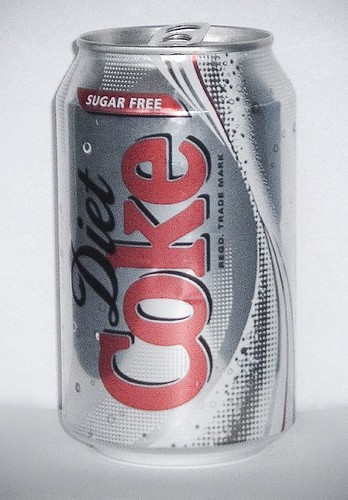
11. **Artificial Sweeteners: The Unfinished Story and Ongoing Concern**Alright, let’s talk about diet sodas, because many of us grabbed them thinking we were making the *smart* choice, right? Less sugar, fewer calories – what could possibly go wrong? Well, the context gave us a pretty strong hint, even if the sentence cut off prematurely: “While phosphoric acid can be found in regular and diet cola drinks, the artificial sweeteners found in diet sodas seem to i” – implying they have their own set of potential problems. And Section 1 item 5 already underlined that “the warning is clear. It suggests that swapping out sugar for artificial alternatives may not be the kidney-friendly solution we often assume it to be.”
While the exact, detailed mechanism of harm from artificial sweeteners isn’t fully laid out in the given information, the consistent mention of them as a concern is a major red flag for anyone prioritizing kidney health. It signals that these laboratory-created sweetening agents might not be the innocent substitutes we’ve been led to believe. The idea that they could *impact* your kidneys in ways we’re still understanding or fully articulating means caution is definitely the best policy.
Considering the broader implications discussed in our outline—such as exacerbating high blood sugar, challenges for diabetic blood sugar management, or even affecting kidney blood vessels—it’s reasonable to infer that the *implied* concern about artificial sweeteners might tie into these issues. They are designed to interact with the body, and it’s becoming increasingly clear that those interactions aren’t always benign, especially for organs as sensitive as the kidneys. So, next time you reach for that ‘diet’ option, it’s worth pausing and remembering that the jury might still be out on its long-term renal safety.
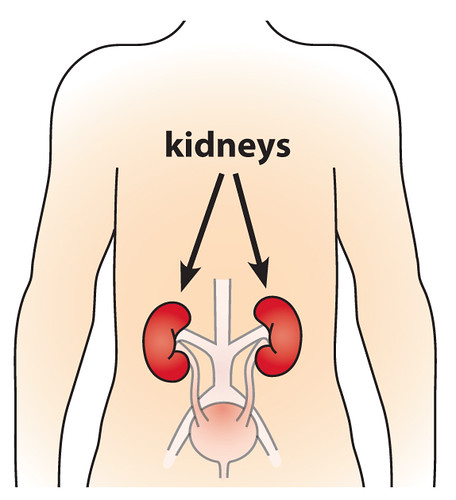
12. **Proactive Sips: Protecting Kidneys with Family History**Now, for those of you who have a family history of kidney disease, listen up! This isn’t about fear-mongering; it’s about empowering you with knowledge to take proactive steps. While some predispositions might be genetic, your daily choices can significantly influence your future health, and drinks are a massive part of that equation. You have the power to write a different story for your kidneys!
The context gives us a clear directive: “Even for those with a family history of kidney disease, closely monitoring sugar intake and blood sugar levels becomes a proactive defense against future complications.” This is a golden nugget of advice! It means you’re not powerless; you can actively reduce your risk by being vigilant about what you consume. It’s about getting ahead of potential problems before they even have a chance to start.
Think of it as building a strong defense. By being mindful of sugar-sweetened drinks and other problematic beverages we’ve discussed, you’re directly reducing the strain on your kidneys and helping to keep your blood sugar levels in check. This proactive approach can significantly mitigate the genetic hand you’ve been dealt, giving your kidneys the best possible chance at a long, healthy life. It’s a powerful step towards safeguarding your future well-being, one mindful sip at a time.
So, there you have it! A deep dive into the drinks that are silently sabotaging your kidneys. From the obvious sugar bombs to the hidden acids and even those ‘diet’ options we thought were safe, it’s clear that our beverage choices hold immense power over our renal health. The good news? Armed with this knowledge, you can make smarter, kidney-friendlier choices every single day. Ditching these offenders and opting for water or other unsweetened alternatives isn’t just a dietary tweak; it’s a vital act of self-care for those amazing, hard-working organs. Your kidneys will thank you!

